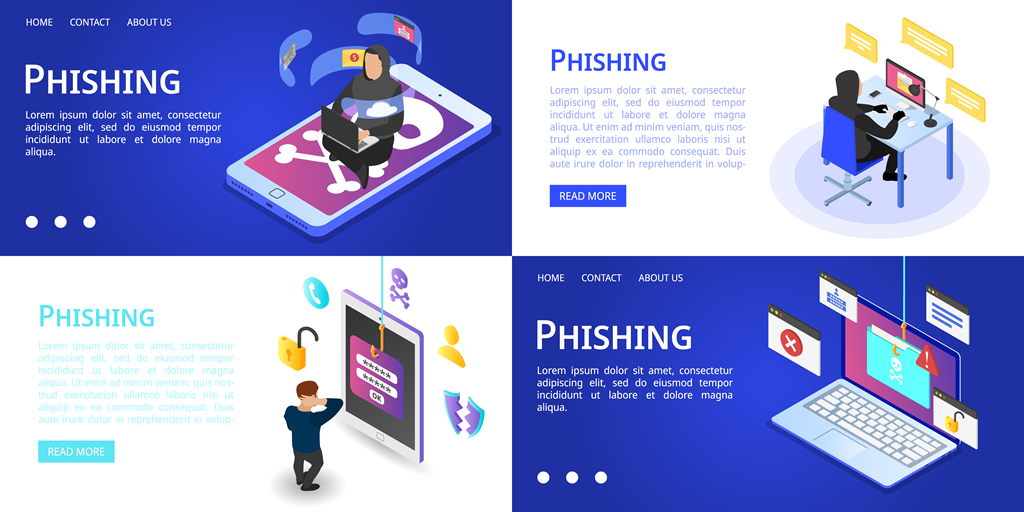Cyber Risk Consultancy
Cybersigna provides strategic guidance and consultancy services to help organizations develop robust cybersecurity strategies aligned with their business objectives. Our experts work closely with clients to assess their security requirements, identify vulnerabilities, and develop tailored solutions to mitigate risks effectively.
Our team conducts thorough and comprehensive security assessments to identify weaknesses, vulnerabilities, and potential entry points for attackers. We perform penetration testing, vulnerability assessments, and code reviews to ensure that your systems, networks, applications, and infrastructure are secure.
We assist organizations in identifying, assessing, and prioritizing cybersecurity risks. Our experts help develop risk management frameworks, implement risk mitigation strategies, and establish incident response plans to minimize the impact of potential security incidents.
Red Team Exercises
Red team exercises include simulated attack scenarios designed to assess an organization’s security readiness. They simulate sophisticated attack techniques and tactics to test the effectiveness of an organization’s detection and response capabilities. Red team exercises can help identify gaps in security controls and improve incident response procedures.
Social Engineering Assessment
The assessment includes Red teams specializing in social engineering, where they attempt to manipulate and deceive employees to gain unauthorized access to systems or sensitive information. These assessments evaluate an organization’s vulnerability to phishing attacks, pretexting, baiting, or other social engineering techniques.
Open Source – DIY
Companies looking for open-source tools can consider using Kali Linux. Kali Linux Revealed ebook can be downloaded for free here or you can purchase a physical copy in Amazon.

More about Social Engineering (SE)
Social engineering is the term used for a broad range of malicious activities accomplished through human interactions. It uses psychological manipulation to trick users into making security mistakes or giving away sensitive information. They are also used to create misinformation.
Social engineering attacks happen in one or more steps. A perpetrator first investigates the intended victim to gather necessary background information, such as potential points of entry and weak security protocols, needed to proceed with the attack. Then, the attacker moves to gain the victim’s trust and provide stimuli for subsequent actions that break security practices, such as revealing sensitive information or granting access to critical resources.
What makes social engineering especially dangerous is that it relies on human error, rather than vulnerabilities in software and operating systems. Mistakes made by legitimate users are much less predictable, making them harder to identify and thwart than a malware-based intrusion.
Social Engineering Prevention
Social engineers manipulate human feelings, such as curiosity or fear, to carry out schemes and draw victims into their traps. Therefore, be wary whenever you feel alarmed by an email, attracted to an offer displayed on a website, or when you come across stray digital media lying about the fact. Being alert can help you protect yourself against most social engineering attacks taking place in the digital realm.
Moreover, the following tips can help improve your vigilance concerning social engineering hacks.
Don’t open emails and attachments from suspicious sources – If you don’t know the sender in question, you don’t need to answer an email. Even if you do know them and are suspicious about their message, cross-check and confirm the news from other sources, such as via telephone or directly from a service provider’s site. Remember that email addresses are spoofed all of the time; even an email purportedly coming from a trusted source may have been initiated by an attacker.
Use multifactor authentication – One of the most valuable pieces of information attackers seek are user credentials. Using multifactor authentication helps ensure your account’s protection in the event of system compromise.
Be wary of tempting offers – If an offer sounds too enticing, think twice before accepting it as fact. Googling the topic can help you quickly determine whether you’re dealing with a legitimate offer or a trap.
Keep your antivirus/antimalware software updated – Make sure automatic updates are engaged, or make it a habit to download the latest signatures first thing each day. Periodically check to make sure that the updates have been applied, and scan your system for possible infections.